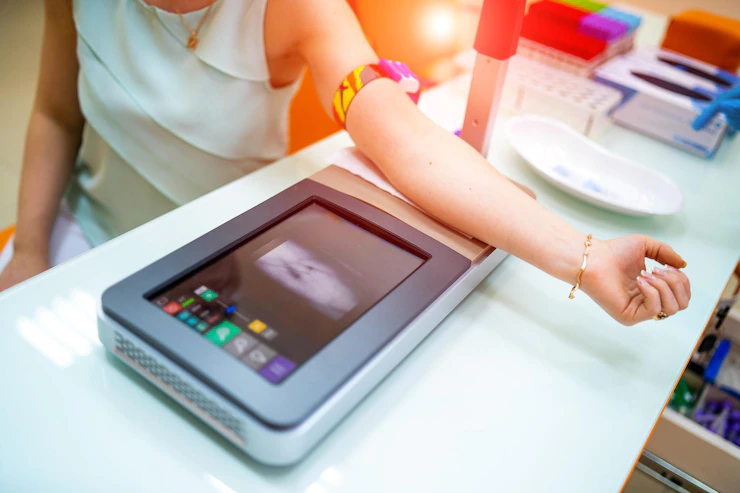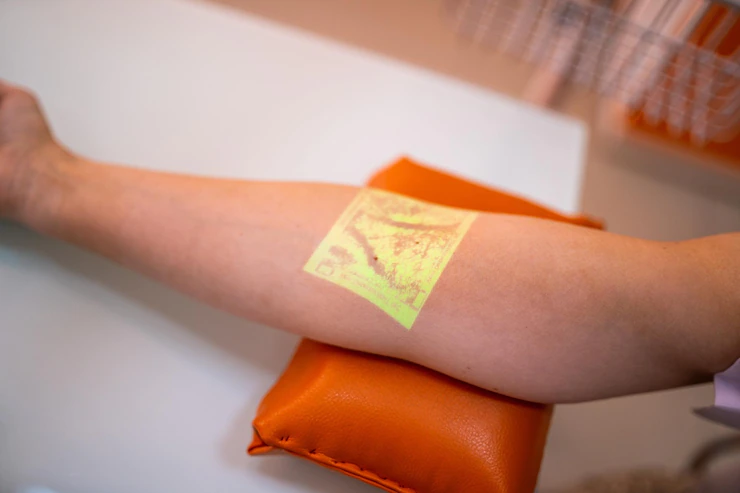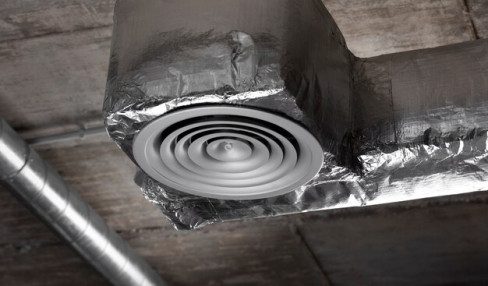How To Choose A Good Vein Finder
5 Mins Read
Published on: 16 June 2022
Last Updated on: 17 June 2022

toc impalement
Choosing the right vein finder for you is essential to your success as a phlebotomist. With so many different verities available, it can be difficult to know which one is best for your needs.
In this blog post, we’ll outline the different factors you need to consider when choosing a vein finder and provide some tips on how to make the most informed decision possible. Read on to learn more!
Buying Guide for Choosing a Vein Finder:
There are a few things you need to know when choosing a vein finder. This buying guide will help you make an informed decision when selecting a vein finder for your needs.
What is a Vein Finder?
A vein finder is a medical device that uses infrared light to locate veins beneath the skin surface. Vein finders are used by medical professionals to help them find veins for blood draws or IV insertions.
How Do Vein Finders Work?
Vein finders emit a beam of infrared light that is absorbed by the hemoglobin in the blood. The device then uses sensors to detect the absorption of infrared light. The data is then processed to create an image of the veins beneath the skin surface.
Things to Consider While Choosing a Good Vein Finder:

Some factors to consider when choosing a vein finder include:
1. The type of veins you need to find
Some vein finders are better at finding certain types of veins than others. If you have a specific type of vein that you need to find, make sure to choose a device that is designed for that purpose.
2. The size of the area you need to scan
Some devices are better suited for small areas, while others can scan larger areas. Make sure to choose a device that is the right size for the area you need to scan.
3. The level of accuracy you need
Some devices are more accurate than others. If you need a high level of accuracy, make sure to choose a device that has a high degree of accuracy.
4. The price
Vein finders can range in price from a few hundred dollars to several thousand dollars. Choose a device that is within your budget.
5. Size and Weight
The size and weight of the vein finder are important considerations. You will want to make sure that the device is small enough to be portable and light enough to be comfortable to use.
6. Display
The display on the vein finder is important for two reasons. First, you will want to make sure that the display is large enough to see. Second, you will want to make sure that the display is clear and easy to read.
Additional Aspects to Keep in Mind
Some other things to keep in mind when choosing a vein finder include:
- Ease of use: Make sure the device is easy to use and understand.
- Warranty: Choose a device that comes with a good warranty. This will ensure that you can get replacement parts or a refund if the device does not work properly.
- Customer service: Make sure the company you purchase the device from has good customer service. This way, if you have any problems with the device, you can get help from someone who is knowledgeable and helpful.
- Type of Vein Finder: Considering the types of vein finders will help you decide on the best one for your needs.
Different Types of Vein Finders – Which One is Best for Your Needs?
There are several different types of vein finders on the market. when it comes to shopping for a vein finder, the type of device matters the most The type of device you choose will depend on your specific needs.
Here are some of the different types of vein finders:
- Optical devices: These devices use light to find veins. They are typically less expensive than other types of devices and are easy to use.
- Doppler devices: These devices use sound waves to find veins. They are more expensive than optical devices, but they are more accurate.
- Laser devices: These devices use a laser to find veins. They are the most expensive type of device, but they are also the most accurate.
Which type of vein finder is best for you?
The type of vein finder you choose will depend on your specific needs. If you need a high degree of accuracy, a laser device may be the best option. If you are on a budget, an optical device may be the best option.
No matter which type of vein finder you choose, make sure to consider all of the factors listed above to ensure that you choose the best device for your needs.
FAQs
How much does a vein finder cost?
Vein finders can range in price from a few hundred dollars to several thousand dollars. The price you pay will depend on the type of device you choose and the features you need. Typically, an average price for a good quality vein finder is around $500.
What type of veins can be found with a vein finder?
Most vein finders are designed to find superficial veins. However, some devices can also be used to find deep veins.
How accurate are vein finders?
The accuracy of a vein finder depends on the type of device you choose. Laser devices are typically the most accurate, while optical devices are typically the least accurate.
What is the best type of vein finder for me?
The best type of vein finder for you will depend on your specific needs. If you need a high degree of accuracy, a laser device may be the best option. If you are on a budget, an optical device may be the best option.
In case you’re looking for an all-in-one solution, we recommend AimVein, visit aimvein.com to learn about it. Moreover, It’s good quality and affordable vein finder device that has been approved by the FDA.
Making the Decision – Final Thoughts
Choosing a vein finder is a big decision. There are many factors to consider, and it is important to make sure you choose a device that is right for you. With so many options on the market, it can be difficult to know where to start.
However, by considering the factors listed above, you can narrow down the options and choose a device that is perfect for your needs.
Read Also:


















Comments Are Closed For This Article